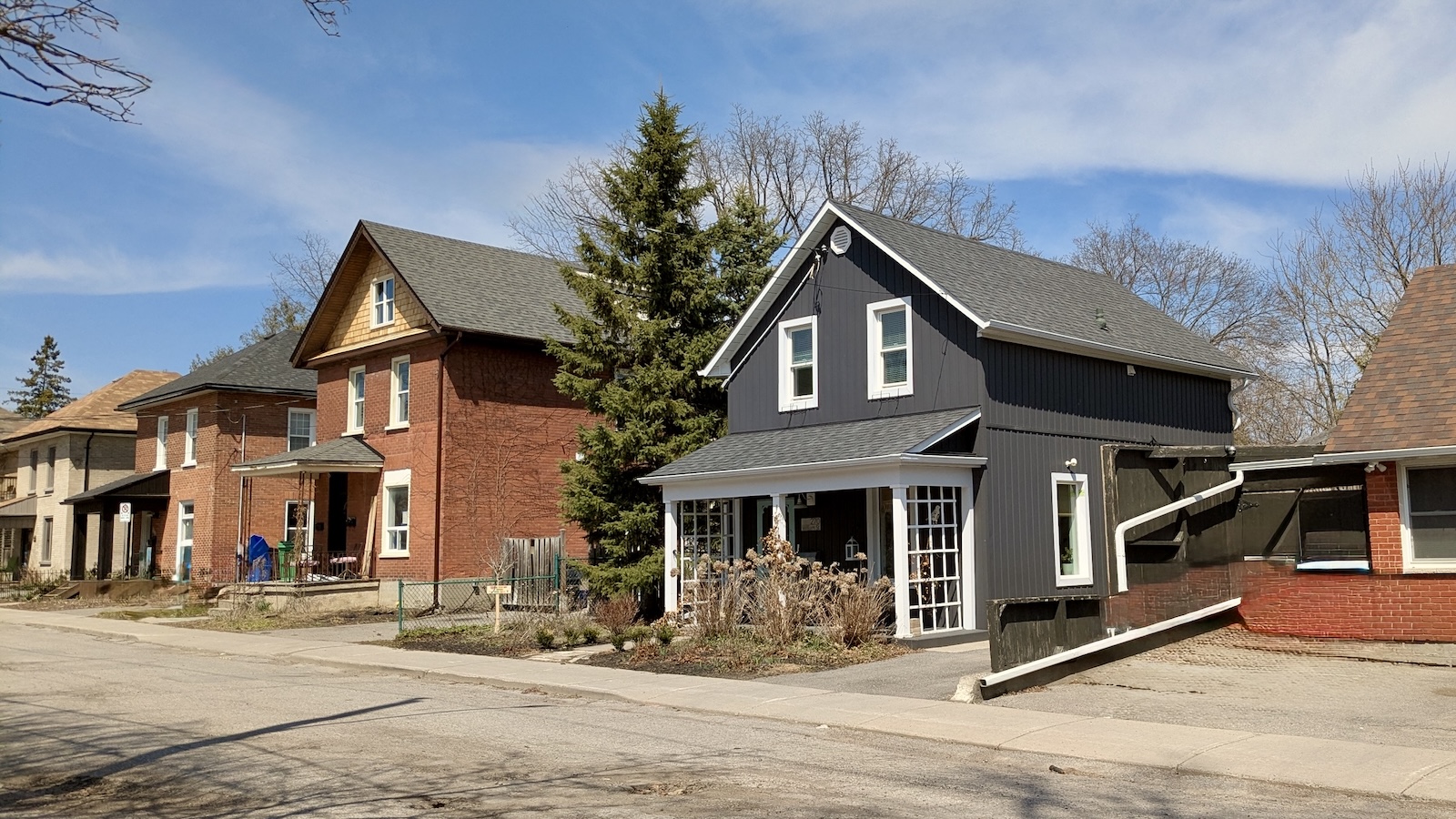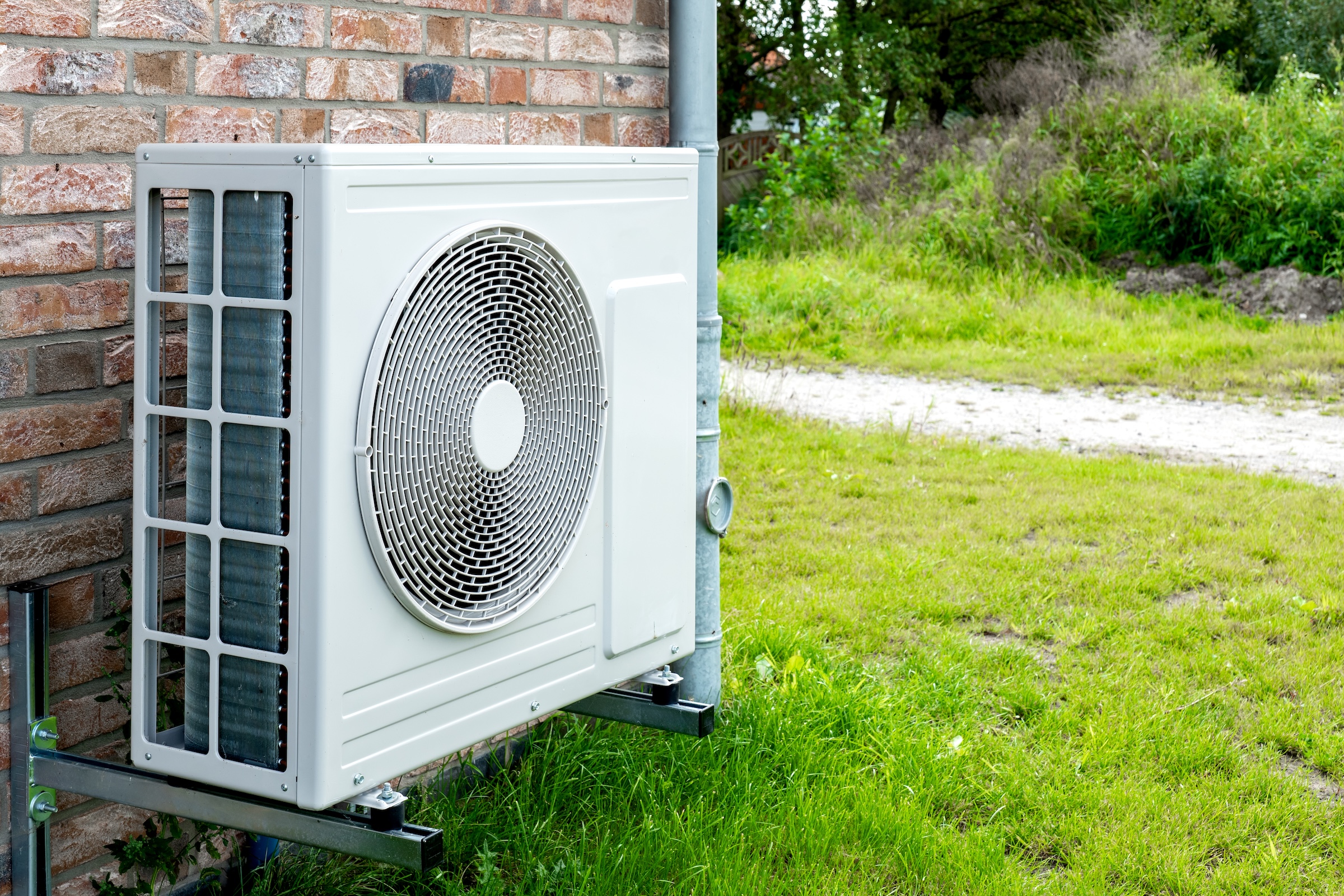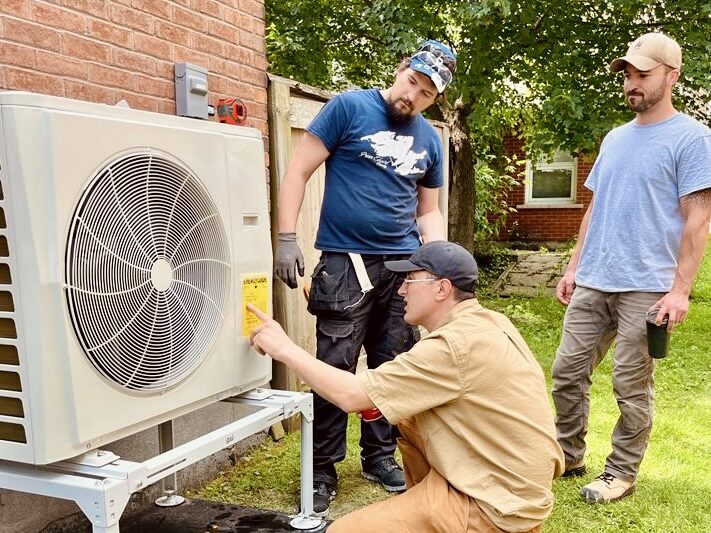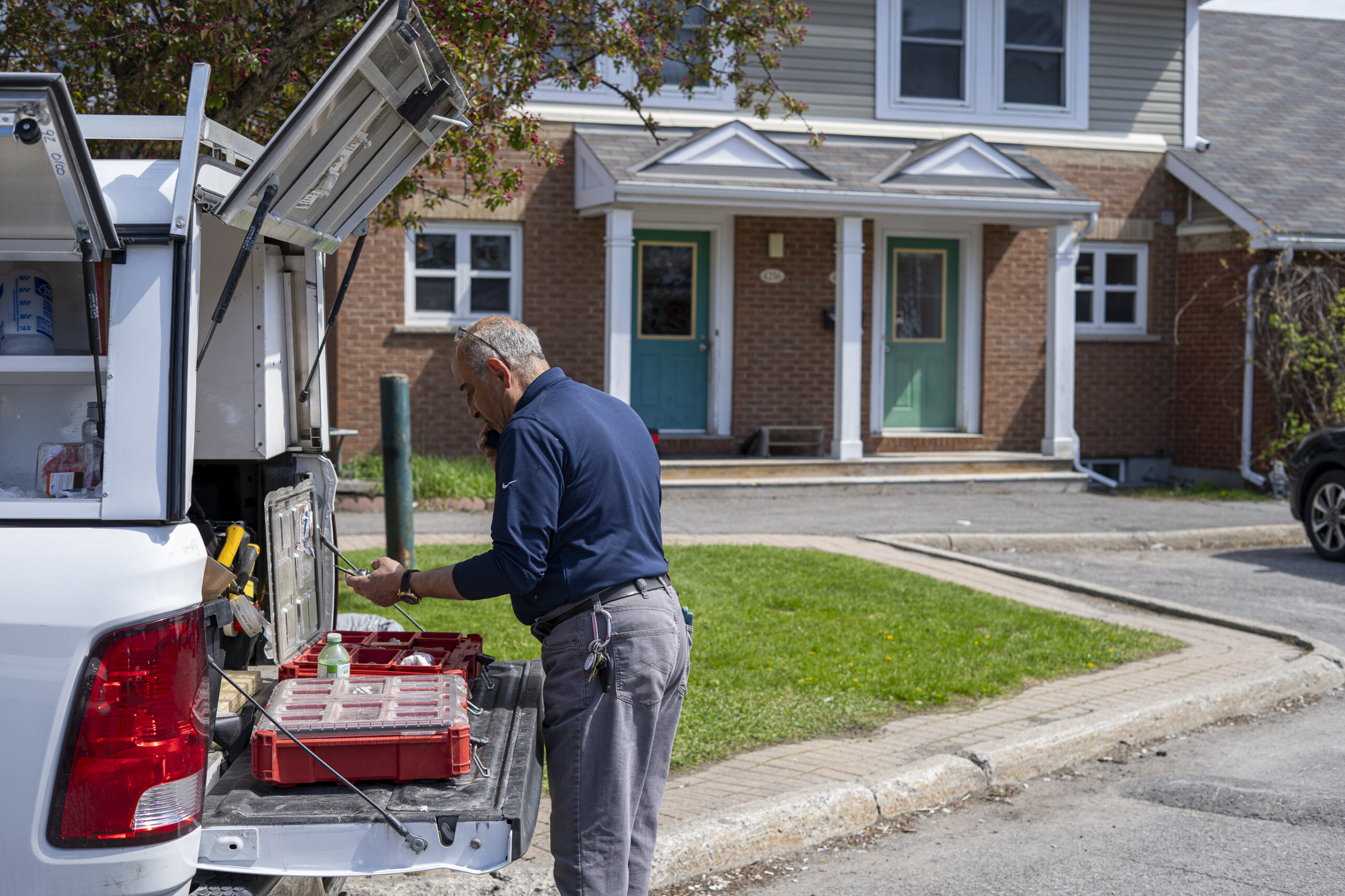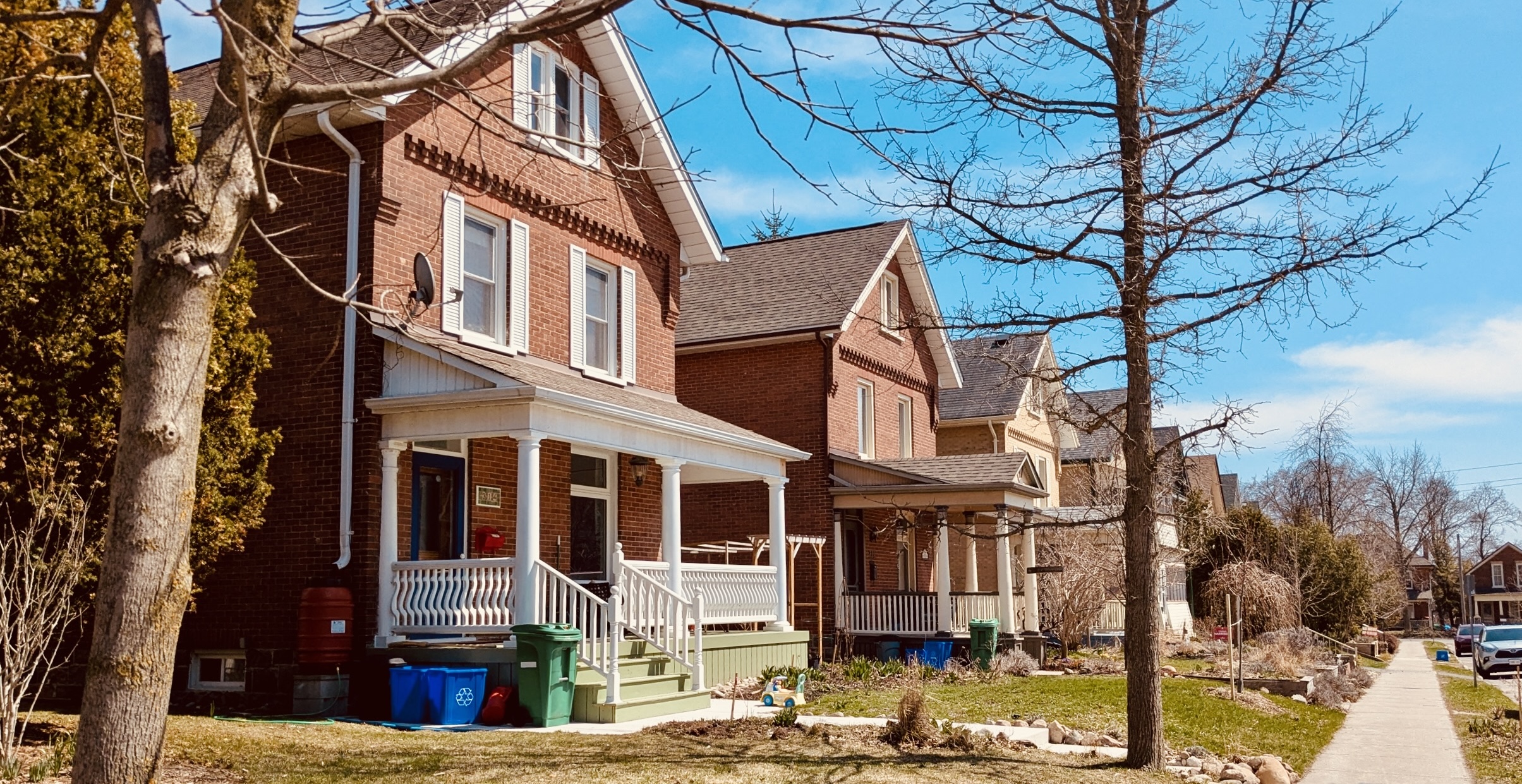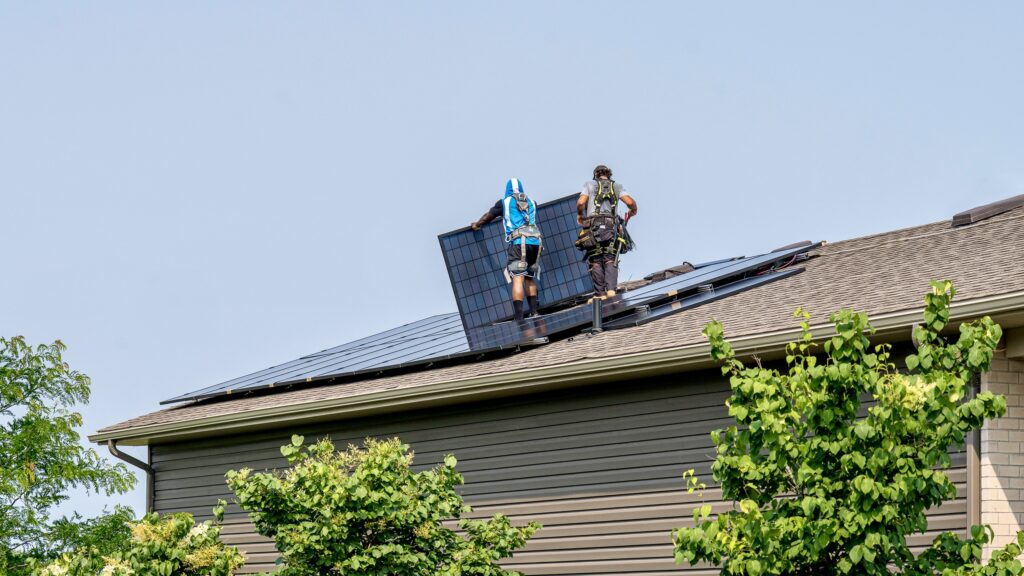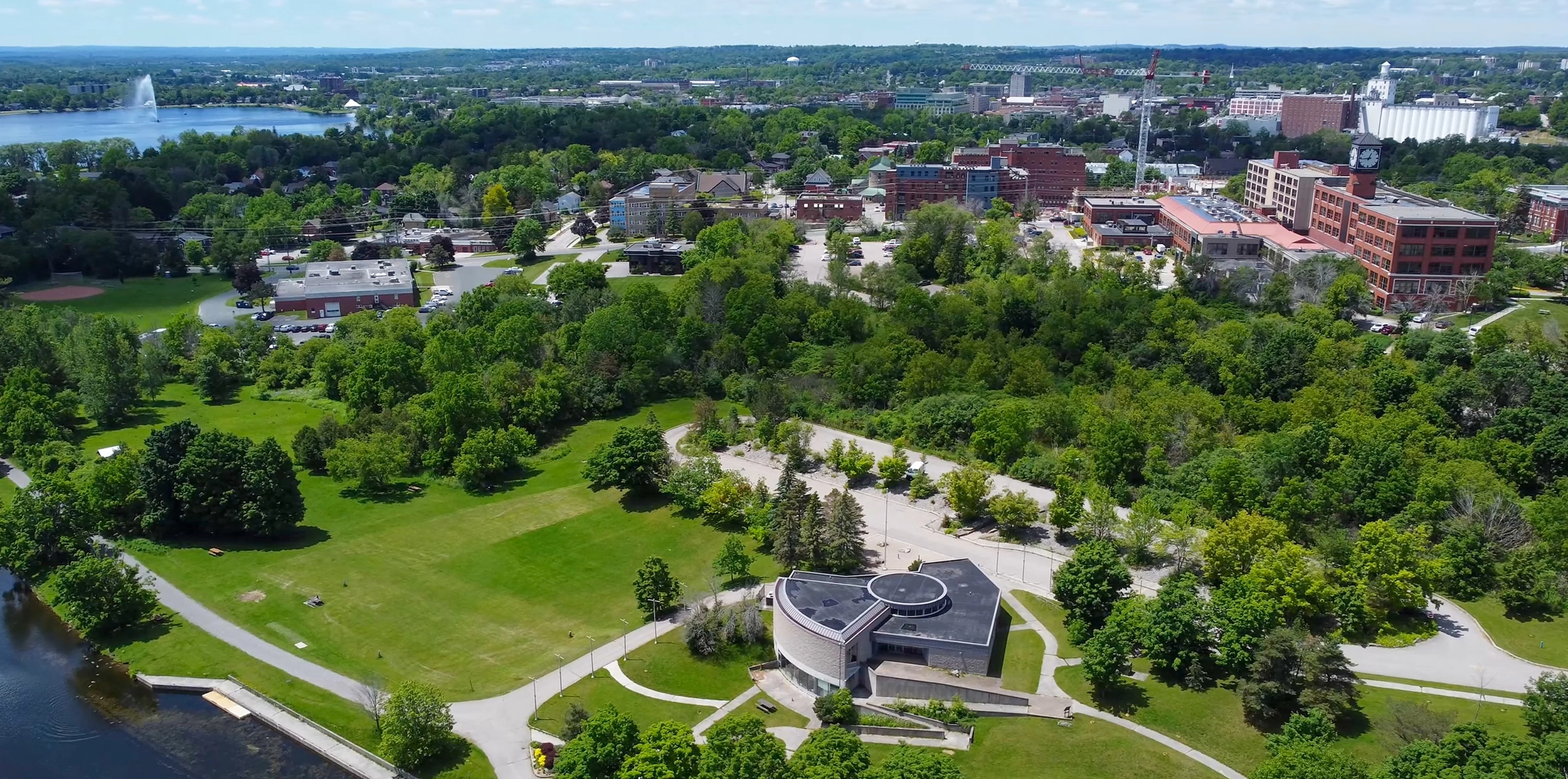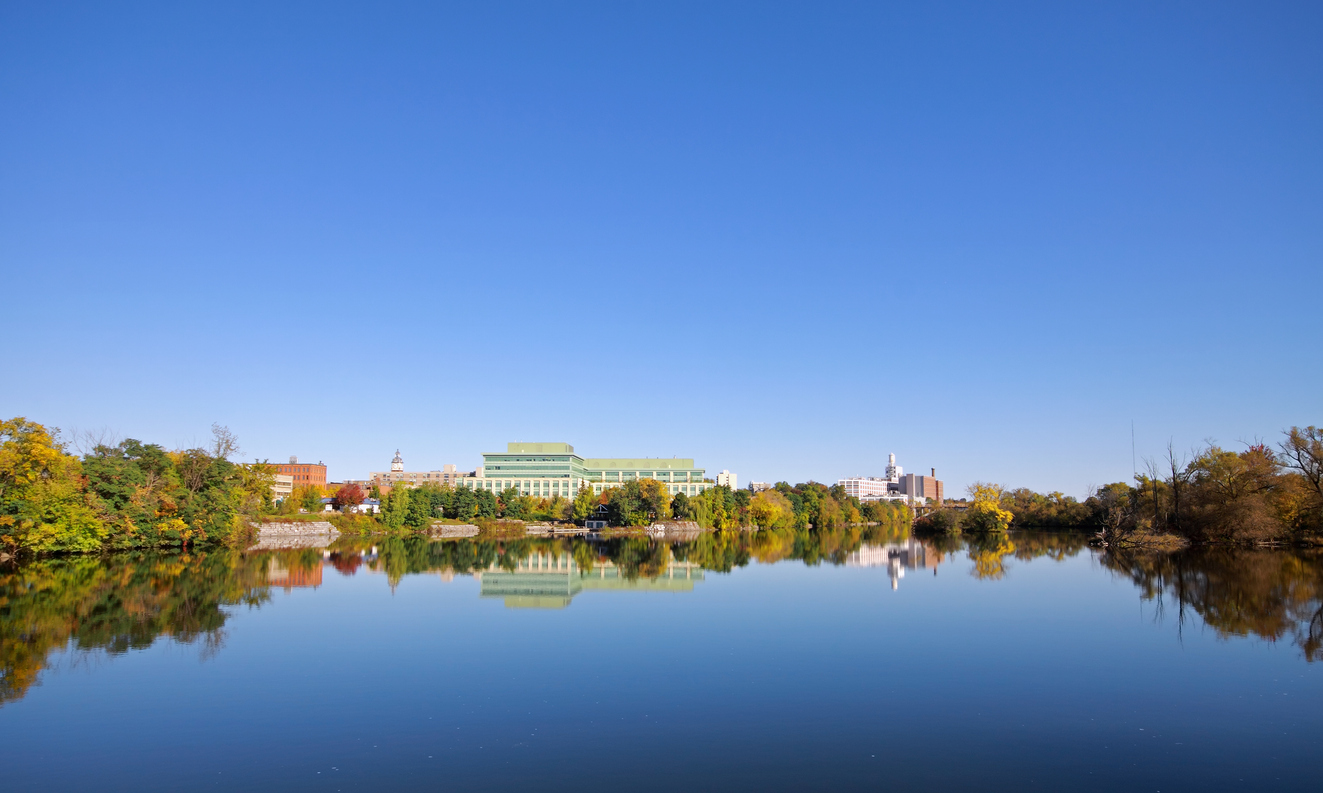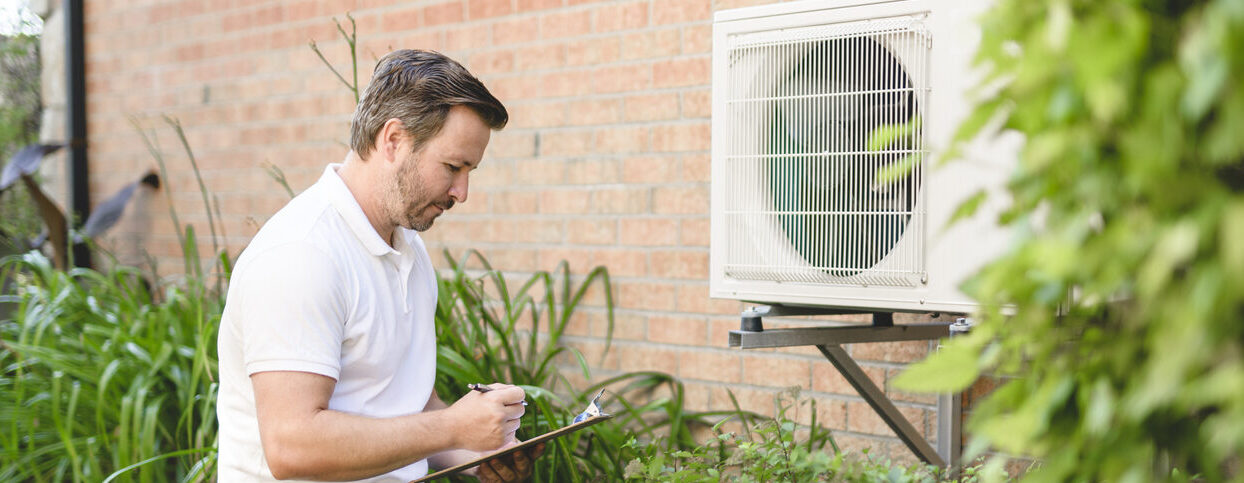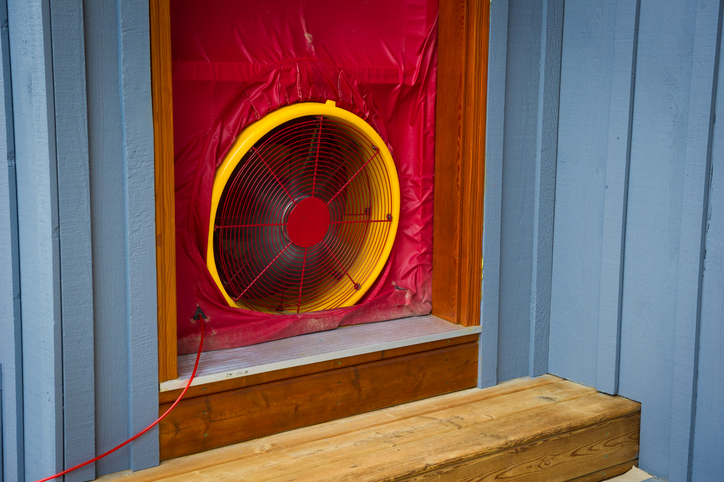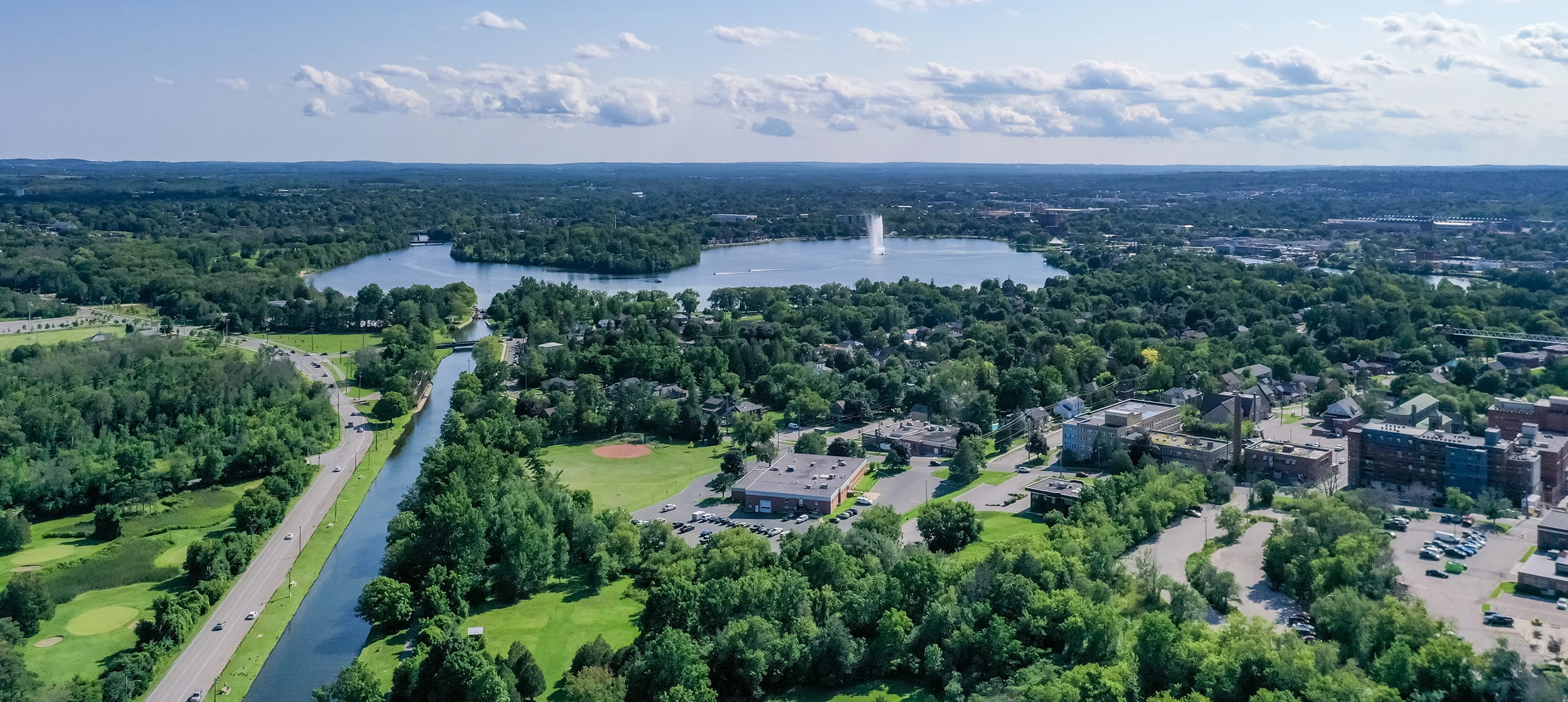As fall approaches, you may be wondering if now is the right time to embark upon a home energy retrofit journey. The heat waves of summer and the hum of the air conditioner are still alive in your recent memories as a familiar chill begins to stir. You may be wondering if you should hunker down for another winter of drafts and high energy bills, or if you may be ready to transform your home into a comfortable, affordable, and efficient haven.
Deciding when to invest in a home energy retrofit can feel overwhelming, and the best time to act often lines up with the other changes already happening in your home.
Let’s look at the best opportunities to start your home energy retrofit:
1. When you need to replace mechanical systems such as an air conditioner, water heater, or furnace.
Heating and cooling equipment, like furnaces, air conditioners, and water heaters, don’t last forever. When your system reaches the end of its lifespan (or has already failed), it’s the perfect opportunity to consider an energy retrofit. By choosing high-efficiency equipment such as heat pumps and pairing it with upgrades like insulation and air sealing, you’ll lock in comfort and savings for the long run.
2. When you are renovating your living space.
If you’re already opening parts of your home for a project, it’s the ideal moment to think about energy efficiency. Renovations like finishing a basement, updating a kitchen, or even painting your walls, can create opportunities to add insulation or air sealing with minimal extra disruption.
One of the most important things to keep in mind: the walls you redo now are likely going to stay that way for decades. That’s why it’s worth investing in the best insulation you can, aiming for R22 to R24 if possible. Exterior projects like redoing siding also present an excellent opportunity to add insulation and improve your home’s envelope.
Better Homes Peterborough also allows you to include funding (30%) toward non-energy projects!
3. When comfort and cost become a concern
If you notice drafts, uneven room temperatures, or rising energy bills, that’s your home telling you it’s time for an upgrade. Energy retrofits don’t always have to be big, expensive projects – some of the highest-return improvements are actually lower cost. Air sealing and attic insulation, for example, can dramatically improve comfort and cut energy use without requiring major renovations.
4. When support is available
Better Homes Peterborough not only offers low-interest loans to help make your home energy retrofit more affordable – it also offers home energy coaching to ensure you are well supported! Staff are available to help answer your questions, walk through your retrofit plans with you, help you lean into deeper opportunities, and make the process as fun and informative as possible. If you have been on the fence about starting a home energy retrofit, now is a great time to get started in a supported way.
Making the most of the moment
Home energy retrofits are about more than saving money, they’re about comfort, resilience, and peace of mind. Whether you’re at the point of replacing old equipment, planning a remodel, or simply tired of drafts and high bills, these natural “decision points” are the best times to make changes that will serve you for decades. With Better Homes Peterborough in its first year offering low-interest loans, now is a great time to utilize this program to help your retrofits be more affordable.
